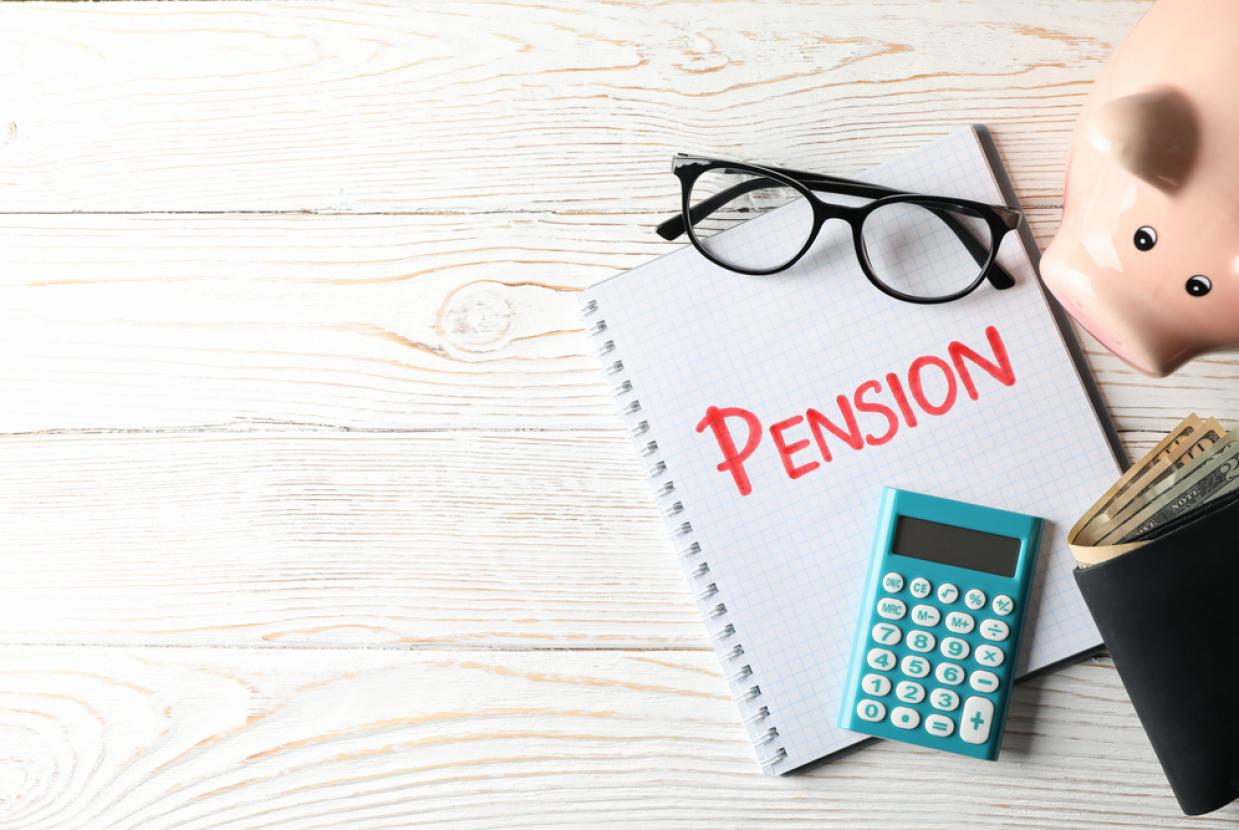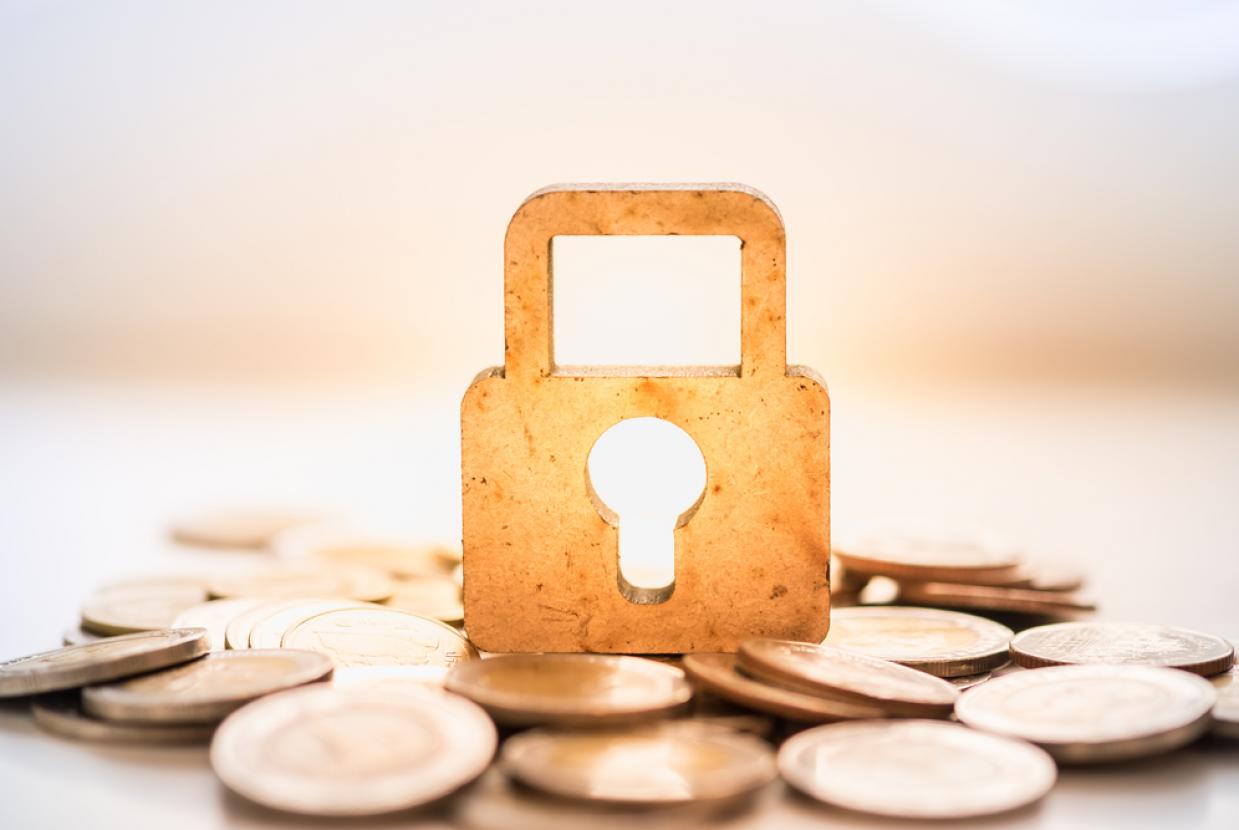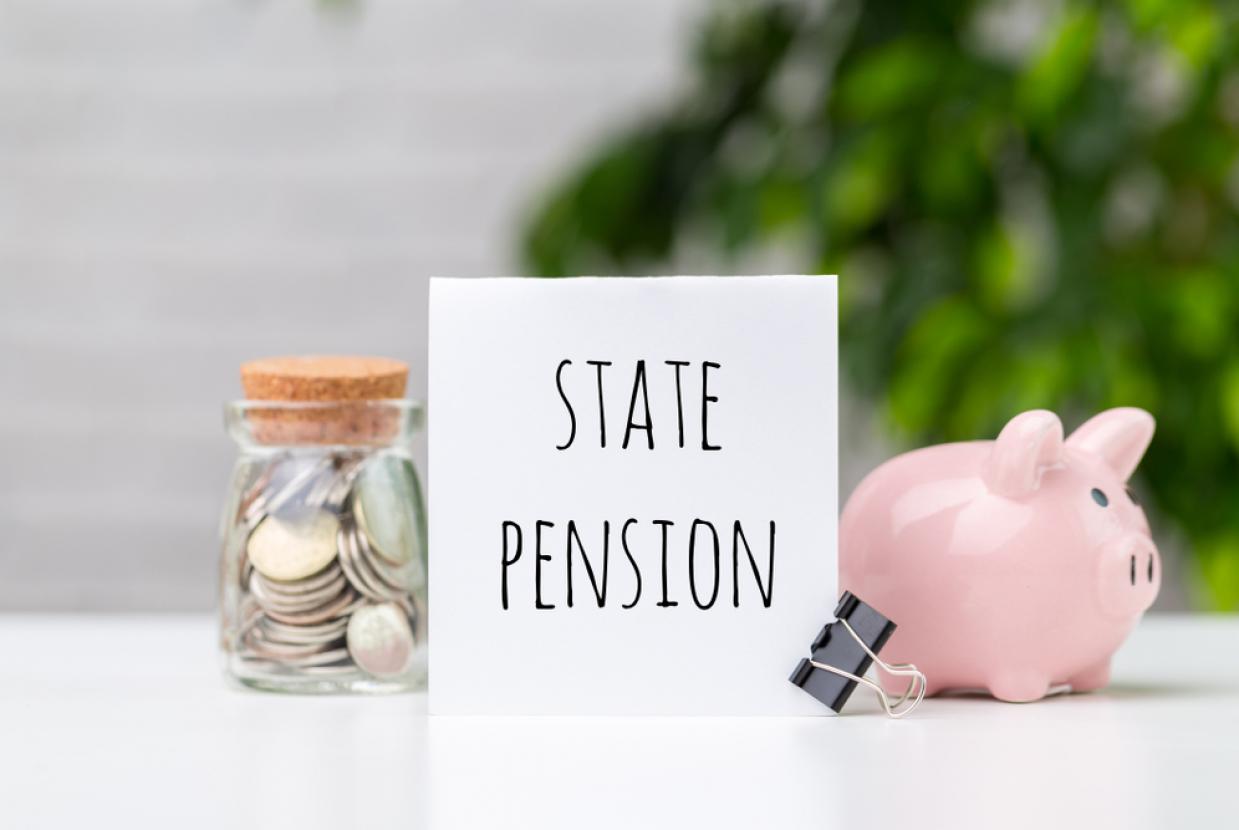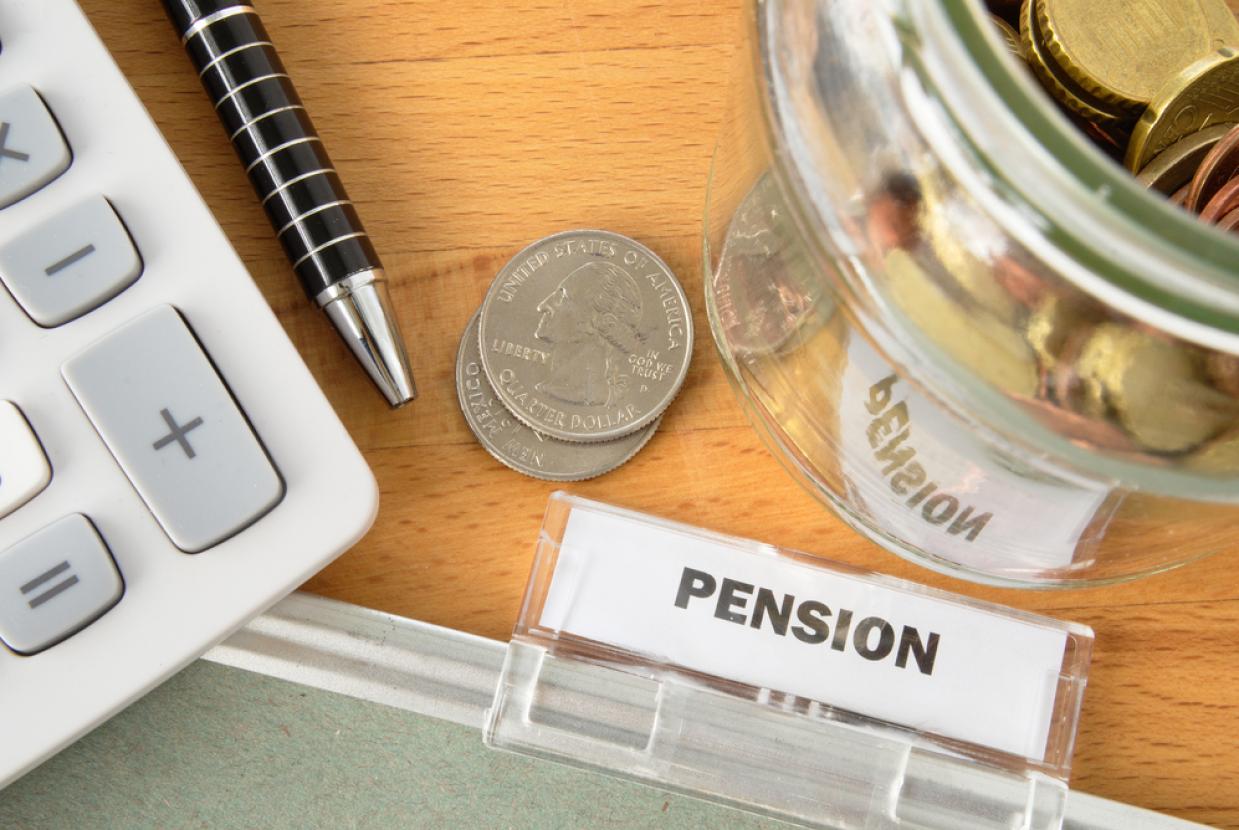Who’s Getting Your Pension When You Pass Away?
Pensions and RetirementDo you know what will happen to your pension when you die? If you don’t, you’re not alone – less than half of the people we surveyed got the answer right.
What happens to you pension when you die
More than 26 million pension savers in the UK are unsure what would happen to their pension or who would receive it. Many people believe their pensions will automatically go to their next of kin, or to their workplace or the government.
When you die, your defined contribution pension (which includes many private and workplace pensions) will go to your nominated beneficiary. It’s up to you to choose someone and make sure your pension provider knows who they are.
Defined benefit schemes, which are usually limited to public sector or older workplace pension schemes, have different rules. You can ask your employer or pension provider for the scheme rules. Learn more in the defined benefit section of our guide What happens to your pension when you die?
Choosing a beneficiary
Your nominated beneficiary is the person you choose to receive your pension money when you die. When choosing a beneficiary, think about who you’d like to be able to provide for, even after your death. You can nominate anyone, but people often choose their partner or a close family member or friend.
Some people leave their pension to a charity, but make sure you ask your pension provider about this first.
Inheriting a pension can affect someone’s benefits entitlement, for example, if they’re receiving Universal Credit. A regulated financial adviser can talk you through your options for passing on a pension so it doesn’t affect the means-tested benefits of the person inheriting it.
How to nominate a beneficiary
When you enrol in a defined contribution pension scheme, or are automatically enrolled by your employer, you’ll need to fill out an Expression of Wish or Nomination form naming your beneficiary. It’s important to keep this document up to date if things change.
Even if you’d like to keep the same beneficiary, make sure their contact details are correct so your pension provider can find them. Fill the form out carefully – misspelling a person’s name or using a name other than their legal name can cause problems.
You can nominate different beneficiaries for different pension pots if you have more than one. Remember to review your choices after big life events, such as marriage, divorce, births and deaths.
Keep old pension pots in mind
You may or may not have kept track of all your old pension pots, but it’s important that you claim all of your pensions – it's your money, after all. If you’ve been enrolled in different schemes or changed jobs frequently, it’s important to find out who your beneficiary is for each pension scheme.
Pension pots from years or even decades ago may not have the right beneficiary listed. The beneficiary you originally listed might have been an older family member who’s since passed away or could be someone who simply isn’t a big part of your life anymore. Or maybe the health or financial situation of your loved ones has changed, and you’ve decided someone else would benefit more from your pension.
If you’ve moved, you might not be receiving your annual statements and may need help finding your pension scheme details. Track down all your old pension pots using our guide Find my lost pension: tracing and finding lost pensions.
If you don’t know who’s set to receive your pension, find out. If not, there’s a risk of losing your hard-earned money to someone who’s no longer in your life.


































